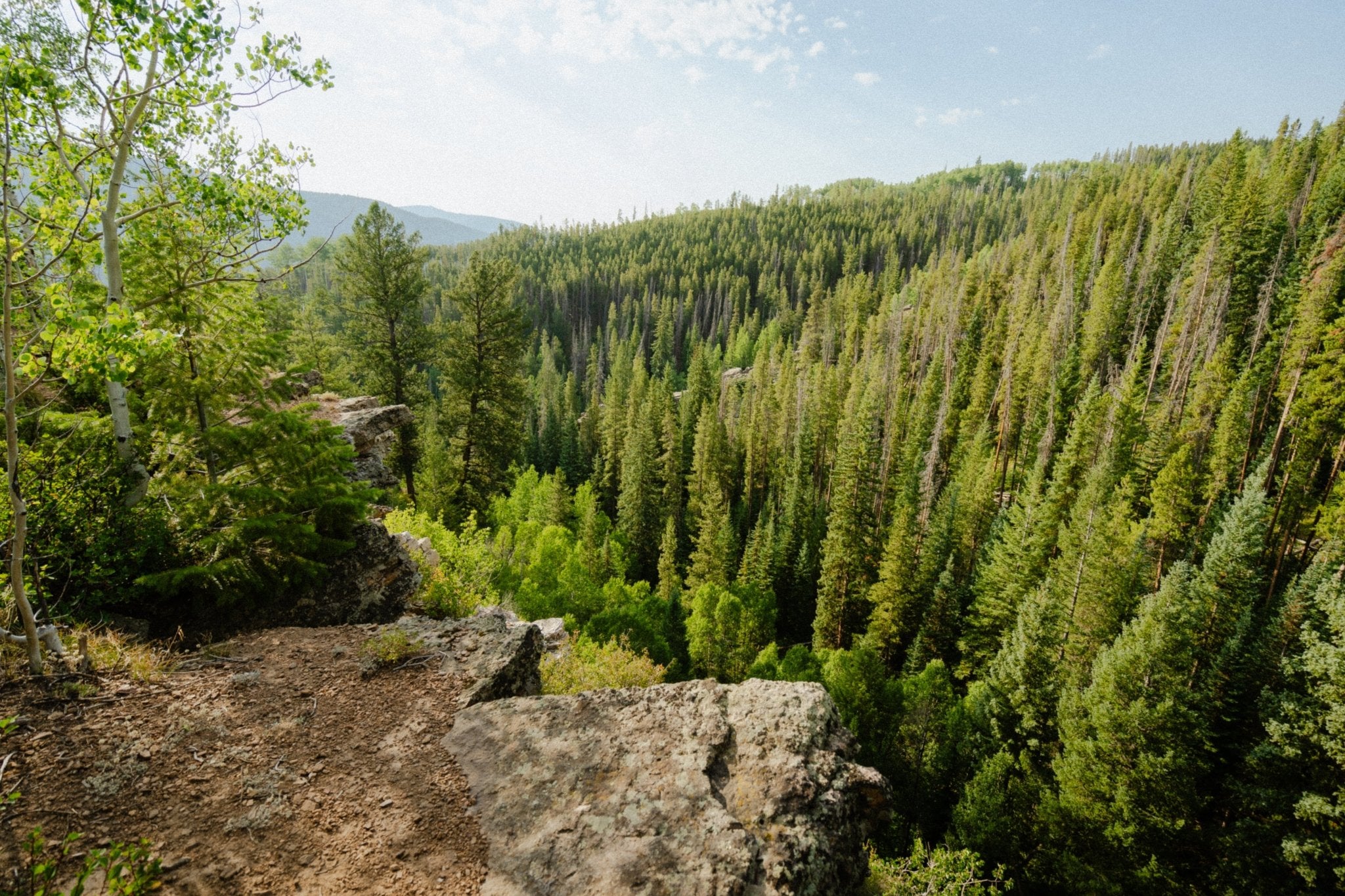Solo camping is an empowering and adventurous way to connect with nature on your own terms. For women, heading into the wilderness alone can feel both exhilarating and a little daunting at first. This guide is designed to help you build confidence and ensure a safe experience by covering essential tips, gear recommendations, and safety advice. Whether you're looking to enjoy the serenity of a solo trek or gain self-reliance in the great outdoors, solo camping can be a highly rewarding adventure with the right preparation.
Is it Safe to Camp Alone?
Camping alone can feel intimidating, particularly for women, but it can absolutely be safe with the proper precautions. Taking the time to prepare and plan your trip thoroughly can make all the difference for safety and peace of mind.
One key to solo camping safety is effective risk management. Choose well-traveled trails or established campgrounds, and make sure someone you trust knows your itinerary, including your expected return time. Additionally, carrying an emergency communication device, such as a satellite phone or SPOT device, can provide an extra layer of security if help is needed.
Trusting your instincts is also critical. If a situation or location feels unsafe, it’s okay to pack up and leave — safety is always the priority. Building essential camping skills over time, such as properly setting up a tent or navigating trails with a map, can also help you feel more confident on solo adventures. With thoughtful preparation and awareness, solo camping can be a fulfilling and safe experience.
What to Bring
- Camping Tent - Choose a durable, lightweight tent that’s easy to set up solo. A tent such as the GEO Solo or GEO 2.5 is ideal for reducing weight while still providing room for comfort.
- Emergency Communication Device - A satellite phone or personal locator beacon ensures you can get help if you’re in an area without cell service and face an unexpected emergency. Examples of this include a SPOT device or Garmin Inreach
- First Aid Kit - Pack a comprehensive first aid kit, including bandages, antiseptic wipes, and medications for common issues like allergies or pain. Being prepared can turn minor injuries into non-issues.
- Bear Spray - If you’re camping in bear country, bear spray is a must. Knowing how to use it effectively is also key to its use.
- Navigation Tools - Bring a reliable map, compass, and GPS device. Learning how to use navigation tools effectively such as ONx Off Road is essential for staying oriented and safe.
- Headlamp with Extra Batteries - A headlamp keeps your hands free during evening tasks. Always carry extra batteries to ensure you’re never left in the dark.
- Water Purification Method - Whether you prefer a water filter, purification tablets, or a UV device, having a reliable way to purify water ensures you stay hydrated without carrying extra weight.
- Weather-Appropriate Clothing - Dressing in layers is vital for adapting to changing temperatures. Don’t forget rain gear and sturdy footwear for unpredictable weather.
- Food Storage Solution - Invest in bear-proof canisters or scent-proof bags to safely store food and avoid attracting wildlife to your campsite.
- Multi-Tool or Knife - A multi-tool is invaluable for tasks like cutting, repairing gear, or even cooking. It’s a compact, versatile addition to your pack.
- Backup Power Bank - Charge your phone or devices with a lightweight power bank to ensure you’re never without power during your trip.
- Entertainment - Stay entertained during downtime with a book, journal, or downloaded podcasts — solo camping is an opportunity to reconnect with yourself!
10 Solo Camping Safety Tips
- Let Someone Know Your Itinerary Before You Go - Always share your plan with a trusted friend or family member. Include details like your campsite, route, and return date.
- Choose a Safe and Familiar Campsite - Start with established campgrounds or trails to build confidence before attempting remote or dispersed camping
- Always Carry an Emergency Communication Device - A satellite phone or personal beacon is invaluable for contacting help when you’re out of cell service range.
- Trust Your Gut and Be Ready to Leave if Needed - If something feels off or unsafe, trust your instincts and leave immediately. Your safety is the top priority.
- Pack and Know How to Use Basic First Aid Supplies - Familiarize yourself with the contents of your first aid kit so you can act quickly in case of an injury.
- Stay Aware of Your Surroundings at All Times - Pay attention to nearby wildlife, weather changes, or other campers. Awareness can prevent unnecessary risks.
- Keep Essential Safety Gear Within Easy Reach - Items like bear spray, a whistle, or a flashlight should always be accessible when you’re in camp or on the trail.
- Research Trail Conditions and Weather Forecasts - Understanding what to expect helps you plan appropriately, from clothing to gear, and avoid surprises.
- Practice Setting Up Camp Before Your Trip - Familiarity with your tent and equipment ensures you won’t struggle with setup when you’re finally out in the wilderness.
- Avoid Sharing Your Exact Location With Strangers - While it’s fine to chat with fellow adventurers, keep details like your campsite or route private for personal safety.
Skills Every Woman Should Know Before Camping Alone
- How to Setup a Tent: Practice setting up your tent at home or in your backyard to make the process smooth and efficient.
- How to Navigate: Learn to read maps, use a compass, and understand GPS. These skills are crucial for safely exploring unfamiliar terrain.
- How to Build a Fire (Where Permitted): Master fire-starting techniques, including creating a fire pit and using kindling, to stay warm and cook.
- How to Check Weather Conditions: Understand how to interpret weather forecasts and recognize on-the-ground signs of changing conditions.
- How to Purify Water in the Backcountry: Learn how to use a water filter or purification tablets to turn natural water sources into drinkable water without risk.
A Glimpse into Solo Camping as a Woman
Solo Camping Frequently Asked Questions
1. What is solo camping?
Solo camping is the act of camping alone without companions. It offers solitude, personal freedom, and a deeper connection to nature. Many solo campers enjoy the challenge, independence, and peacefulness it provides, making it a popular choice for those seeking self-reliant outdoor experiences.
2. Is it safe for a woman to sleep in a tent alone?
Yes, with proper preparation, it can be safe. Choosing well-populated or designated campgrounds, staying aware of surroundings, and using basic safety tools greatly reduce risk. Trusting instincts and sharing plans with someone are also smart practices for solo female campers.
3. Why is stealth camping illegal?
Stealth camping is often illegal because it involves camping without permission on public or private land. It can raise safety concerns, violate trespassing laws, and impact natural resources. Legal camping areas help protect both the environment and the camper, ensuring responsible land use and public safety.






Share: